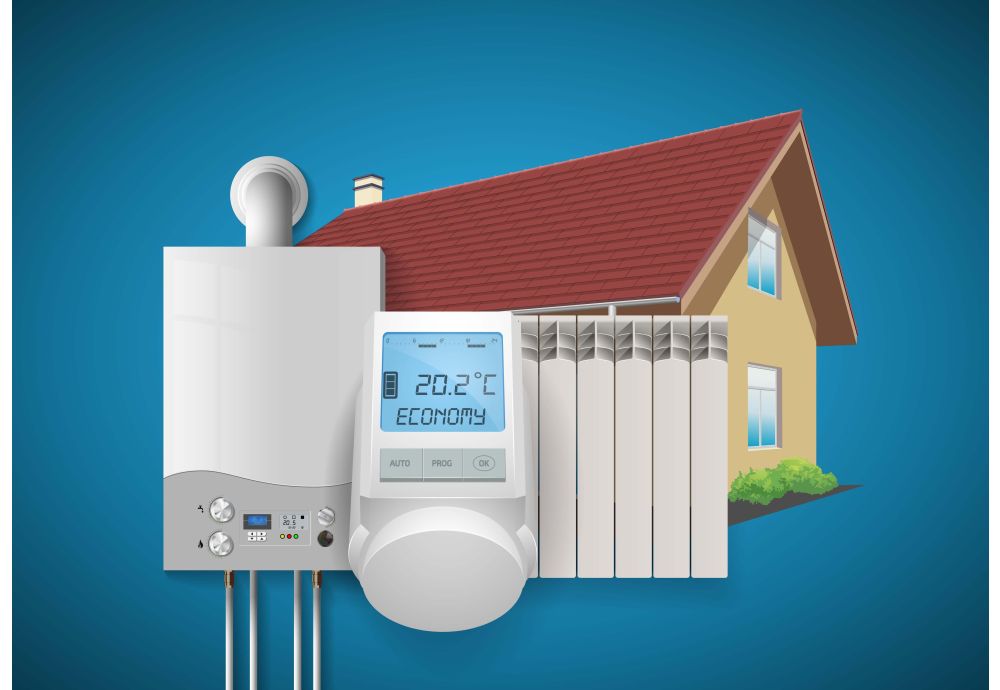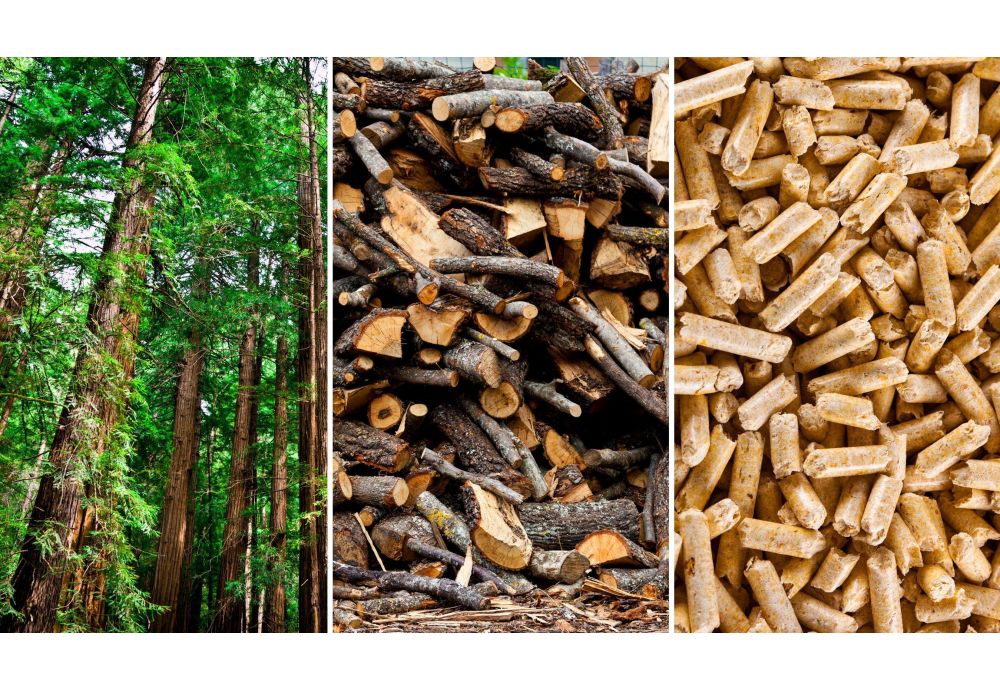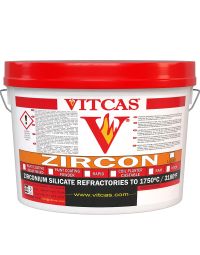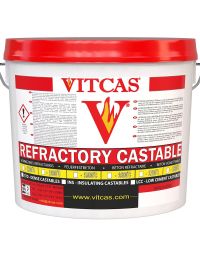In the quest for a sustainable source of energy, biomass boilers have emerged as a viable and efficient solution. These systems utilise biomass fuel, typically derived from organic materials such as wood pellets, wood chips or waste wood, to generate heat. The heat produced is then used to warm homes and businesses, reducing the reliance on traditional fossil fuels.
The adoption of the biomass boiler is encouraged by renewable heat incentives. These incentives are government initiatives designed to promote the use of renewable heat technologies. They offer financial rewards to those who install and operate renewable heating systems, such as the biomass boiler.
The renewable heat incentive scheme has played a significant role in promoting biomass boiler systems. These systems are now increasingly being incorporated into domestic environments, contributing to a reduction in carbon dioxide emissions and fostering a greener future.
Understanding Biomass Boiler Systems
At the heart of a biomass boiler system is the biomass fuel it utilises. This fuel is produced from organic matter, primarily wood waste such as chips or pellets. The fuel is burned in the boiler, generating heat which is then distributed throughout the property.
The key to the efficiency of biomass systems lies in the complete combustion of the biomass fuel. Modern boiler designs ensure that the fuel is burned completely, maximising the heat output and minimising waste. This results in a heating system that is not only efficient, but also environmentally sustainable.
A biomass boiler is typically integrated with existing heating networks, replacing or supplementing traditional fossil fuel boilers such as natural gas, standard gas or oil boilers. This allows for a seamless transition to a renewable energy solution, ensuring that households and businesses can continue to enjoy hot water and reliable heating.
The Role of Biomass Fuel in Renewable Heating
Biomass fuel is a critical component of renewable heating. Derived from organic materials, this fuel provides a sustainable and renewable source of heat. The most common types of biomass fuel are wood pellets, wood chips, logs and straw, each offering its unique benefits.
Wood pellets are formed from compressed sawdust and wood waste, making them an efficient and clean-burning fuel type. Wood chips, on the other hand, are larger and less uniform as a wood fuel, but can still provide a reliable source of heat. Log boilers utilise logs as their primary fuel source, offering a more traditional approach to heating. Finally, straw boilers present an innovative way to turn agricultural waste into a valuable energy resource.
The use of biomass fuel in renewable heating contributes to a reduction in overall carbon dioxide emissions. Unlike fossil fuels, which release new carbon dioxide into the atmosphere when burned, biomass fuel is considered carbon neutral. This is because the carbon dioxide released during combustion is offset by the carbon absorbed by the trees during their growth.

The Impact of Biomass Boilers on Carbon Dioxide Emissions
Domestic biomass boilers have a significant impact on carbon dioxide emissions. As they utilise renewable biomass fuel, they recycle the carbon dioxide produced unlike a traditional boiler powered by fossil fuel. This contributes to a reduction in overall greenhouse gas emissions, aiding in the fight against climate change.
The carbon neutrality of biomass product is a key factor in its environmental impact. The carbon dioxide released during the combustion of the biomass fuel is balanced by the carbon absorbed by the organic material during its growth. This means that the use of biomass products does not contribute to an increase in atmospheric CO2 levels.
The overall reduction in carbon dioxide emissions is further enhanced by the efficiency of modern biomass boilers. These systems ensure complete combustion of the biomass fuel, increasing heat output and reducing waste to the minimum. This results in a heating system that not only reduces CO2 emissions but also offers a cost-effective heating solution.
Biomass Boiler Cost and Efficiency
The cost of a biomass boiler can vary depending on the size and complexity of the system. However, the potential savings over time can make it a worthwhile investment. The renewable heat incentive scheme also offers financial rewards to those who install and operate the biomass boiler, further offsetting the initial costs.
In terms of efficiency, biomass boilers can rival traditional fossil fuel boilers. Modern designs maximise heat output by ensuring complete combustion of the biomass fuel. Additionally, the use of high-quality biomass fuels such as wood pellets, can further enhance the efficiency of the biomass system itself.
Despite the initial costs, the long-term fuel savings, coupled with the environmental benefits, make the biomass boiler an attractive option for domestic heating. With the added incentive of government rewards, the adoption of these systems is becoming an increasingly popular choice for households seeking to reduce their carbon footprint.
Different Types of Biomass Fuels: Wood Pellets, Wood Chips, Logs and Straw Boilers
There are several biomass fuels available for use in biomass boilers. The most common fuel types are wood pellets, wood chips, logs and straw. Each type of biomass fuel offers its unique advantages and can be selected based on the specific needs and preferences of the user.
Wood pellets are a popular choice for a biomass boiler fuel due to their high energy content and ease of use. These pellets are formed from compressed sawdust and wood waste, making them a clean and efficient fuel source. They are also easy to store and transport, adding to their appeal. For more information, read our article on Pellet Stoves: Renewable Heating.
Wood chips are larger and less uniform than wood pellets, but they can still provide a reliable source of heat. They are commonly used in larger biomass boilers and are typically sourced from local suppliers, reducing transport costs.
Log boilers use burning logs as their primary fuel source. These systems offer a more traditional approach to heating and are often chosen for their aesthetic appeal. However, a log boiler requires more manual intervention compared to pellet or wood chip boilers, including regular refuelling, manual loading and ash removal. For inspiration, read our article on Tiles behind Log Burner: Is it possible?
Straw boilers utilise straw, which is often left as a waste product in agricultural processes, as fuel. The straw is typically baled and then combusted in the boiler to generate heat, which can be used to produce hot water or steam for heating buildings or for use in industrial processes. The technology also supports the agricultural community by providing a market for what would otherwise be a waste product. However, they do require specific handling, storage space and combustion methods, and the ash generated needs to be managed carefully.
The Advantages of Wood Pellet Boilers
Wood pellet boilers offer several advantages over the other types. Firstly, wood pellets are a highly efficient fuel source. They have a high energy content and burn cleanly, ensuring maximum heat output and minimal waste.
Secondly, a wood pellet boiler is easy to operate. The pellets are typically delivered in bulk and are easy to store and feed into the the pellet boiler. Many pellet boilers are even automatically fed and have an exterior fuel store. This makes them a convenient and hassle-free option for domestic heating.
Finally, boilers fuelled by pellets are environmentally friendly. The pellets are produced from sawdust and wood waste, utilising materials that would otherwise be discarded. Additionally, the combustion of wood pellets recycles the carbon dioxide produced compared to traditional fossil fuels, which produce new CO2 into the atmosphere.
Comparing Biomass Heating Systems to Traditional Fossil Fuels
When compared to traditional fossil fuels, biomass systems offer several advantages. Firstly, they utilise a renewable and sustainable fuel source. Unlike fossil fuels, which are finite and contribute to climate change, biomass fuel is renewable and carbon neutral.
Secondly, biomass systems are efficient and cost-effective. Modern designs ensure complete combustion of the biomass fuel, maximising heat output and minimising waste. This results in a system that can rival the efficiency of traditional fossil fuel boilers.
Finally, the use of biomass systems contributes to a reduction in carbon dioxide emissions. By replacing or supplementing traditional fossil fuel boilers, households and businesses can reduce their carbon footprint and contribute to a greener future.
How Biomass Boilers Provide Heating and Hot Water
A biomass boiler provides hot water and heating in a similar way to traditional boilers. The biomass fuel is burned in the chamber, generating heat. This heat is then distributed throughout the property, warming the space and heating the water.
The key difference between how biomass boilers work and how traditional boilers work lies in the fuel they utilise. While traditional boilers burn fossil fuels, biomass boilers utilise renewable biomass fuel. This not only offers an environmentally sustainable heating solution, but also contributes to a reduction in CO2 emissions.
Despite the different fuel source, a biomass boiler can seamlessly integrate with existing heating networks. This ensures that households and businesses can transition to renewable heating without sacrificing the comfort and convenience of reliable hot water and heating.
Conclusion: The Future of Biomass Boilers and Renewable Heat Incentives
The future of renewable heat incentives is promising. As the world continues to seek sustainable and renewable energy solutions, the demand for a biomass heating system is set to increase. These systems offer a viable and energy efficient alternative to traditional fossil fuel boilers such as the natural gas or oil boiler, contributing to a greener future.
The renewable heat incentive scheme will continue to play a key role in promoting the adoption of biomass domestic boilers. By offering financial rewards to those who install and operate these systems, the scheme encourages the transition to renewable heating.
In conclusion, harnessing renewable heat incentives and boilers utilising biomass fuel can have a significant impact on overall carbon dioxide emissions. By making the switch to a biomass boiler, households and businesses can significantly reduce their carbon emissions and enjoy the benefits of a reliable and cost-effective heating solution.
Please remember to consider the benefits and impacts of installing a biomass boiler on our environment. Your choices today will shape the world of tomorrow.
Check out our online shop for products that can be used to build a biomass boiler, such as fire bricks, insulation materials and flue pipe.
Also read our article on How does a wood fired boiler work? A comparison with gas boilers.
























